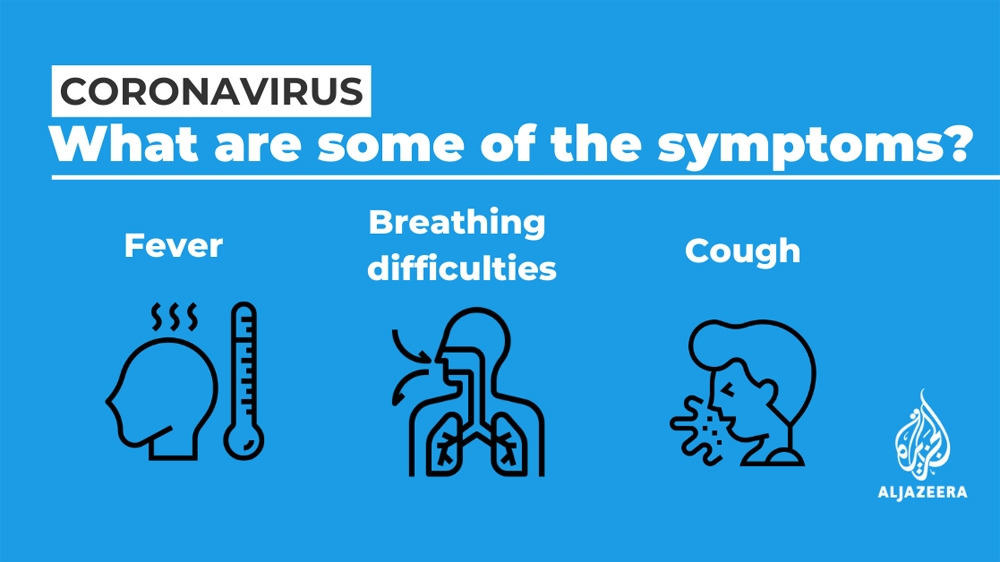Coronavirus: Which countries have confirmed cases?
More than 760,000 infections are confirmed in at least 177 countries and territories, including at least 36,000 deaths.
New cases of the novel coronavirus that emerged in the central Chinese city of Wuhan in late December are being reported daily around the world.
More than 36,000 people have died from COVID-19, as the illness is officially known, while over 766,000 infections have been confirmed in at least 177 countries and territories. More than 160,000 people have recovered from the coronavirus.
Territories with confirmed cases of COVID-19
Here are the countries that have so far confirmed coronavirus cases:
Here are the countries that have so far confirmed coronavirus cases:
United States - 156,931 cases, 2,828 deaths
Italy - 101,739 cases, 11,591 deaths
Spain - 85,195 cases, 7,340 deaths
China - 82,198 cases, 3,308 deaths
Germany - 63,929 cases, 560 deaths
Iran - 41,495 cases, 2,757 deaths
France - 45,169 cases, 3,030 deaths
United Kingdom - 22,448 cases, 1,411 deaths
Switzerland - 15,760 cases, 348 deaths
Belgium - 11,899 cases, 513 deaths
Netherlands - 11,817 cases, 865 deaths
South Korea - 9,661 cases, 158 deaths
Turkey - 9,217 cases, 131 deaths
Austria - 9,103 cases, 86 deaths
Canada - 6,320 cases, 65 deaths
Portugal - 5,962 cases, 119 deaths
Israel - 4,347 cases, 16 deaths
Norway - 4,312 cases, 29 deaths
Brazil - 4,256 cases, 136 deaths
Australia - 4,203 cases, 17 deaths
Sweden - 3,700 cases, 110 deaths
Czech Republic - 2,859 cases, 17 deaths
 Source: Johns Hopkins University
Last update: March 30, 2020
Source: Johns Hopkins University
Last update: March 30, 2020

Source: Johns Hopkins University
Last update: March 30, 2020




Yorumlar
Yorum Gönder